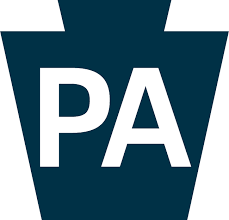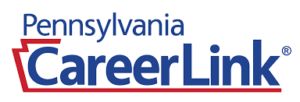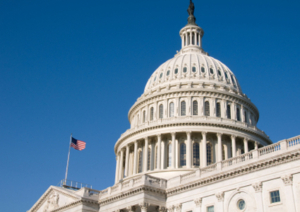PA Gets 1135 Medicaid Waiver
Pennsylvania has gained permission to circumvent certain federal Medicaid regulations and requirements for the duration of the COVID-19 public health emergency.
 Under the declaration of a national state of emergency, the Department of Health and Human Services is authorized to waive or modify Medicare and Medicaid regulations; these are known as section 1135 waivers. In this case, the federal Centers for Medicare & Medicaid Services has issued a section 1135 waiver to Pennsylvania for its Medicaid program to:
Under the declaration of a national state of emergency, the Department of Health and Human Services is authorized to waive or modify Medicare and Medicaid regulations; these are known as section 1135 waivers. In this case, the federal Centers for Medicare & Medicaid Services has issued a section 1135 waiver to Pennsylvania for its Medicaid program to:
- Extend pre-existing authorizations for which a beneficiary has previously received prior authorization through the end of the public health emergency.
- Suspend pre-admission screening and annual resident review (PASRR) level I and level II assessments for 30 days
- Temporarily suspend Medicaid fee-for-service prior authorization requirements.
- Delay state fair hearings and appeal timelines.
- Enroll new providers in the state’s Medicaid program if they are enrolled by Medicare or by another state Medicaid program
- Pay nursing facilities, intermediate care facilities, and others for the delivery of services outside of their walls, at unlicensed facilities, if COVID-19 necessitated the evacuation of their own facilities.
These waivers will last until the end of the declared public health emergency.
Learn more by reading the state’s application for the section 1135 Medicaid waiver and the federal government’s response to that request.
 Governor Wolf
Governor Wolf Pennsylvania Department of Health
Pennsylvania Department of Health CMS has posted a fact sheet explaining to health care provider
CMS has posted a fact sheet explaining to health care provider  A new update outlines
A new update outlines  Since yesterday, the Department of Human Services has issued the following four new guidance documents:
Since yesterday, the Department of Human Services has issued the following four new guidance documents: Federal
Federal  The insurers – Aetna, Capital Blue Cross, Cigna, Geisinger, Highmark, Independence Blue Cross, Pennsylvania Health & Wellness, United Healthcare, and UPMC Health Plan – will cover such tests when they are medically ordered and performed by approved medical labs.
The insurers – Aetna, Capital Blue Cross, Cigna, Geisinger, Highmark, Independence Blue Cross, Pennsylvania Health & Wellness, United Healthcare, and UPMC Health Plan – will cover such tests when they are medically ordered and performed by approved medical labs. As described in The Impact, DHS’s weekly newsletter:
As described in The Impact, DHS’s weekly newsletter: At last count, various parts of Congress were considering four major surprise medical bill proposals: one from the Senate Health, Education, Labor and Pensions Committee, one from the House Energy and Commerce Committee, one from the House Ways and Means Committee, and a compromise proposal from the Senate HELP and House Energy and Commerce committees. Some have been around for some time while one emerged only in the past week.
At last count, various parts of Congress were considering four major surprise medical bill proposals: one from the Senate Health, Education, Labor and Pensions Committee, one from the House Energy and Commerce Committee, one from the House Ways and Means Committee, and a compromise proposal from the Senate HELP and House Energy and Commerce committees. Some have been around for some time while one emerged only in the past week. Senate Bill 314, passed by the legislature and signed by Governor Wolf, establishes a new Rural Health Redesign Center Authority and Pennsylvania Rural Health Redesign Center fund that will seek to support the delivery of health care by rural hospitals in the state by, as a legislative co-sponsorship memo explained,
Senate Bill 314, passed by the legislature and signed by Governor Wolf, establishes a new Rural Health Redesign Center Authority and Pennsylvania Rural Health Redesign Center fund that will seek to support the delivery of health care by rural hospitals in the state by, as a legislative co-sponsorship memo explained, The shift away from using the federal exchange and developing a state-based exchange was approved by the state legislature earlier this year. That shift took a major step forward recently when the state hired a contractor to create the site’s platform.
The shift away from using the federal exchange and developing a state-based exchange was approved by the state legislature earlier this year. That shift took a major step forward recently when the state hired a contractor to create the site’s platform.